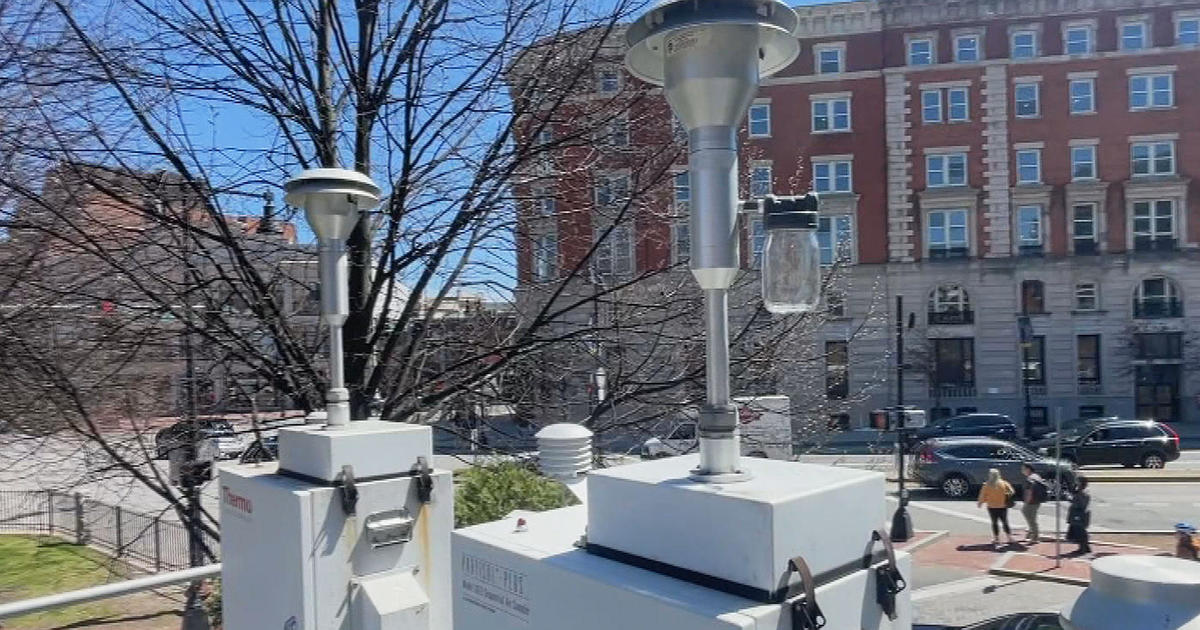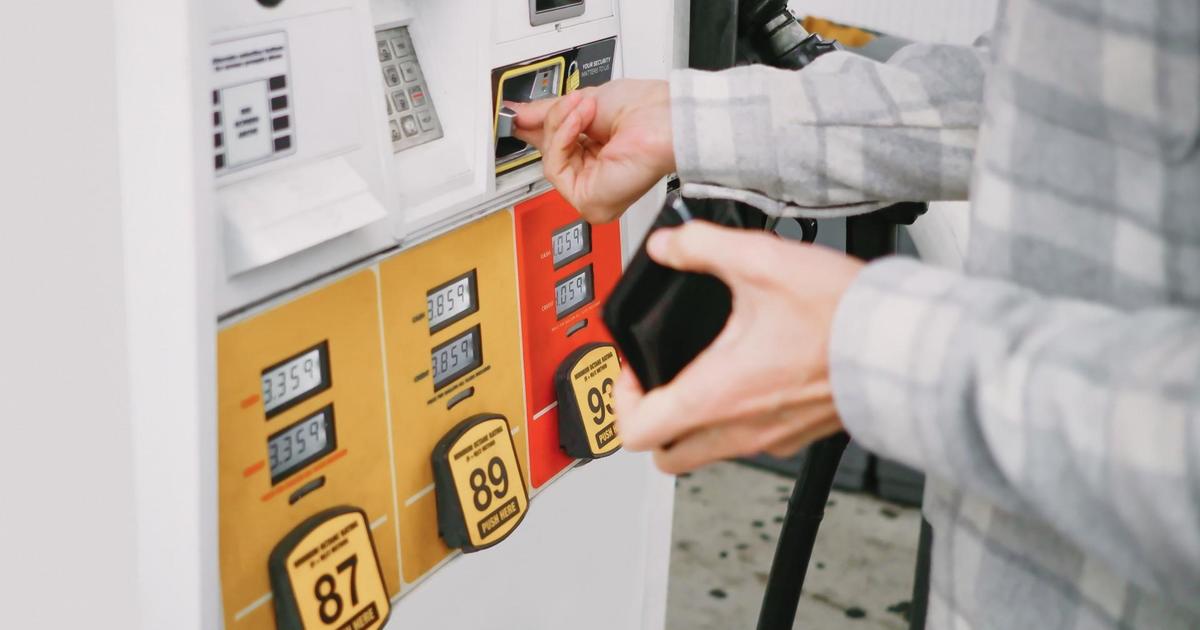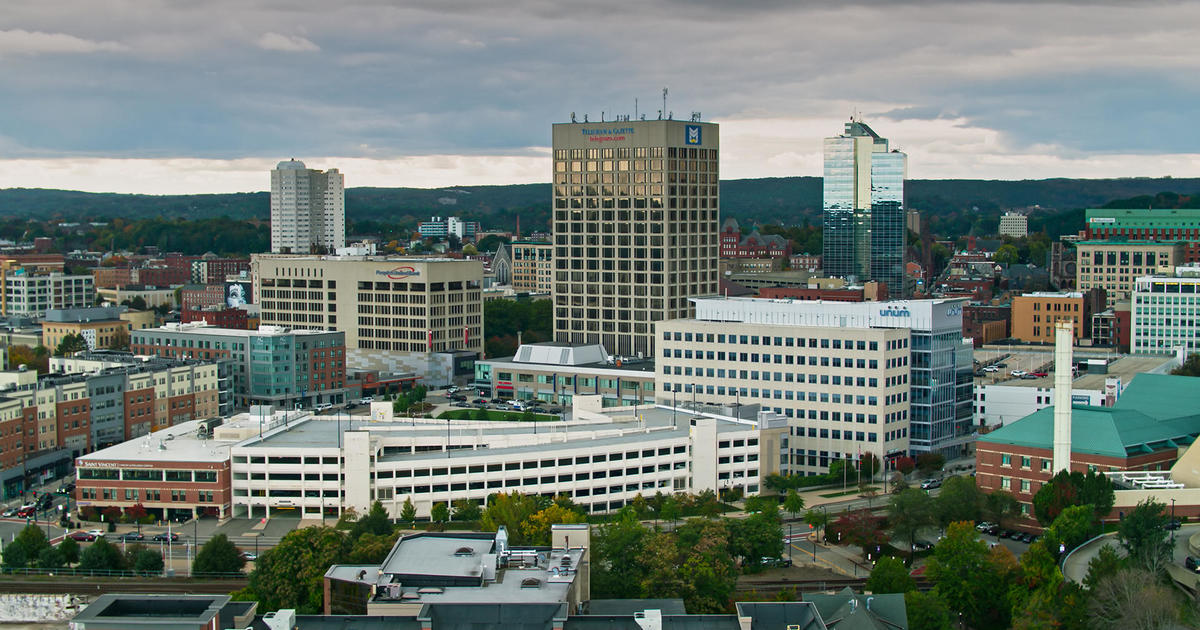Net Zero Emissions Could Make New Homes In Massachusetts Much More Expensive
BOSTON (CBS) - The push to improve the planet could come at a cost for anyone in the market for a new home.
Governor Charlie Baker signed a climate bill into law this year and part of it will include the goal of making new construction homes net zero emissions.
While many consider the new law great for the planet, builders say it will have an immediate effect on the cost of new homes.
"In an average 2,400 square foot house they are talking about an $83,000 addition if we go to fully net zero," builder Emerson Clauss told WBZ-TV.
He says home buyers are looking at paying tens of thousands more to go green. Net zero emissions could mean no natural gas or oil to heat homes. Initial costs for all electric, including materials, equipment and labor would not be cheap.
"To do it overnight with no phase in and no incentives and whatever is really going to hurt what is already a housing crisis in this state," Clauss said.
The man behind the climate legislation, state Senator Michael Barrett, says short term costs will have long term gains on home heating costs and the environment.
"No fossil fuel required for what, a century, in a newly constructed house, two centuries, maybe three? 80,000 bucks is nothing," Barrett told WBZ.
However to get to the state's goal of net zero emissions by 2050, there's also the tall task of retrofitting every single house in New England, something the senator admits still needs to be hashed out.
"I've got to figure out how to make the economics work for people with gas heat and that's where we need Joe Biden and the feds," Barrett said.
Even if the federal government does chip in to help, Claus says convincing homeowners to switch to all electric will not be easy.
"Clients or prospective clients that I've talked to, they're not ready for that. They like natural gas heat. They like the warmth," he told WBZ,
And all that electricity needs to come from somewhere, which means more solar and wind power, especially for the main electrical grid.
"We have to change the juice. It has to become clean green juice and then we can use it to power your car, your truck and keep your house warm," Barrett said.
This is not something that builders and home owners need to worry about right away. The exact rules are still being debated and won't be nailed down until at least late next year.



